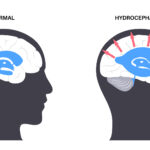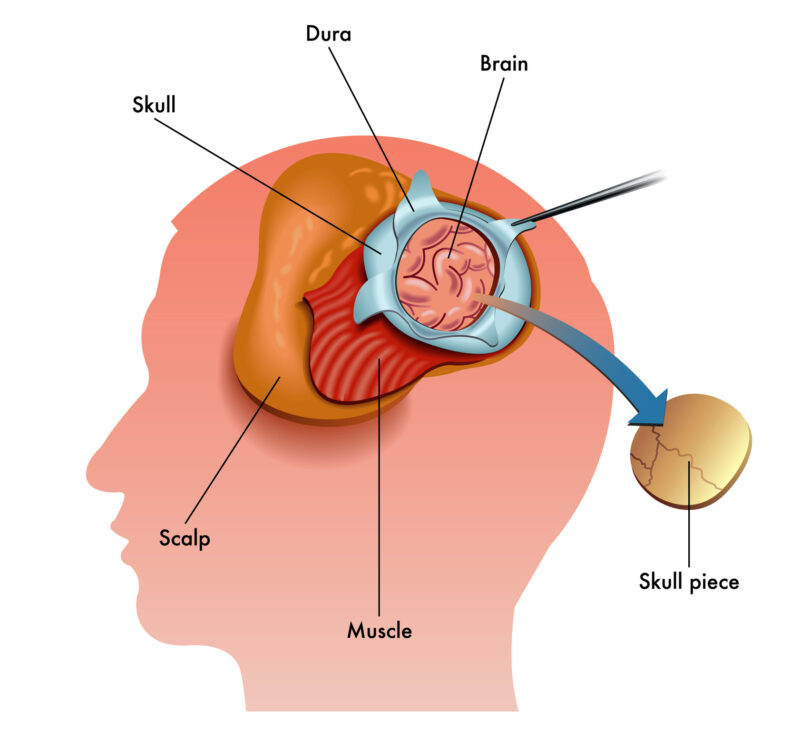Modern medicine has allowed the field of neurosurgery to treat more diseases with fewer side effects.
As technology continues to advance, neurosurgeons will ideally be able to prevent and cure diseases that impact the brain and spine.
Awake craniotomy is a marvel of neurosurgery’s modern medicine; it is typically used as surgery technique for the assessment and removal of brain tumors.
Brain tumors are an unfortunately common brain disease; brain tumors kill more children and adults under the age of 40 than any other cancer.
Awake craniotomy is one of the tools that’s helping to lower this fatality number for an incredibly serious disease.
To understand the reasons and process for an awake craniotomy, one should know that a craniotomy is performed by temporarily removing part of the skull so that the surgeon can access the brain and remove as much of the tumor as possible.
Pending on the diagnosis, a craniotomy completed under the use of anesthetics for its entirety isn’t uncommon; however, an awake craniotomy is performed when the tumor involves or is close to parts of the brain that control vital functions such as vision, movement or speech.
The goal of an awake craniotomy is to avoid potentially life-changing damage and protect brain function while removing the brain tumor.
A typical awake craniotomy consists of removing a piece of the patient’s skull while they are under anesthetics then waking them in the middle of surgery to help identify the vital pieces of the brain involved near the tumor.
With the patient awake, neurosurgeons can engage with the patient testing their vision, movement or speech functions while observing the brain.
Patients don’t feel pain as neurosurgeons conduct this testing and tumor removal as the brain doesn’t have any pain receptors.
Once a tumor is successfully removed, the patient goes back under anesthetics and surgeon secures the skull.
Awake craniotomies are used predominantly for brain tumors, which affects about 700,000 Americans each year.
There are many steps before a neurosurgeon will recommend an awake craniotomy including proper diagnosis of the tumor (tumor type and location) and considering the following: patient age, health and other risk factors.
Kuether Brain and Spine is one of Portland’s premier neurosurgery offices, in which they can assist in the diagnosis and treatment of brain tumors.










